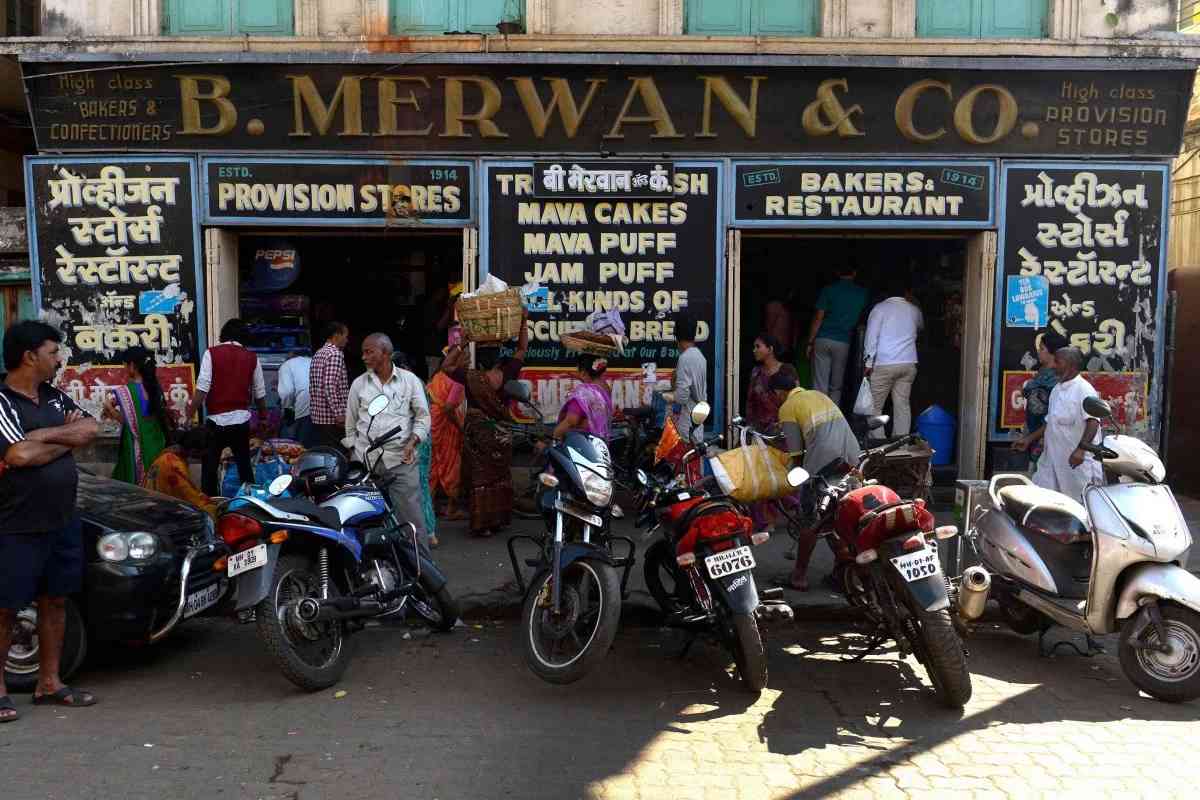
The fragrant smell of mutton and berry pulao wafts through Britannia & Company, one of the last remaining “Irani” cafes in Mumbai. Although it is still flourishing in Colaba’s Ballard Estate, a Mumbai business district known for its stately colonial architecture, the Britannia is a relic of a slowly disappearing cafe culture.
Mumbai’s Irani community includes the descendants of Zoroastrian, Parsi and Muslim Iranians who fled to India to escape famine or religious persecution over the centuries. Many immigrant Iranians became chaiwalas (tea sellers) in the late 19th and early 20th centuries. They were soon known for their cafes and the tasty Irani chai, which is made with condensed milk and Assam tea from India’s northeast.
Mumbai’s Irani cafes are slowly dwindling in number, from about 400 at the peak of their popularity in the 1960s to about 30 today. The Britannia is one of those that endures.
It first opened its doors in 1923, when Mumbai was a bustling trading port and an administrative hub of the British Empire. The cafe’s walls are covered with black-and-white images of the streets of old Bombay and memorabilia dating from the days when the British Crown ruled India.
Long-time owner Boman Kohinoor, who died last year at the age of 97, was a legendary figure in southern Mumbai. Legend has it that his Zoroastrian father, Rashid Kohinoor, left Iran – or Persia, as it was then known – for India in the early 20th century. The enterprising immigrant established the Britannia and, along the way, had nine children. Now, the third generation of the family – Boman’s son Afsheen – is managing the cafe.
Over the decades, Boman Kohinoor, his wife and various family members have preserved their Iranian heritage through food – specifically Parsi cuisine, which fuses classic Iranian dishes with the strong, spicy flavours of India. The dishes symbolise the presence of the Irani community in Mumbai, where many still speak Farsi, or Persian.